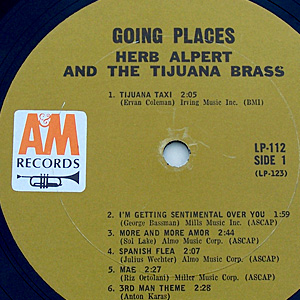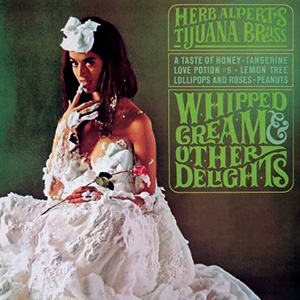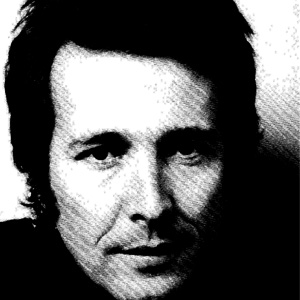The ESSENTIAL Herb Alpert
With Moss at the helm of the label’s business dealings and Alpert steering its musical direction, the label expanded its musical horizons. In an amazingly short period, the label signed and delivered hit-producing music by a plethora of popular acts working in a wide range of styles: Sergio Mendes & Brasil ‘66 and Waylon Jennings, The Sandpipers and Burt Bacharach, Wes Montgomery and Quincy Jones, Procol Harum, Joe Cocker, Cat Stevens and many others.
Balancing the running of such a hugely successful label with a career as a recording artist was an understandingly challenging task, and from the late ‘60s Alpert decided to focus on matters closer to home, dismantling the Tijuana Brass to concentrate more on the label. As the ’70s progressed, A&M continued to demonstrate the shrewdness of its leaders, signing artists including the Carpenters and Carole King, Billy Preston and Peter Frampton, Cheech and Chong, Supertramp, Styx and Joe Jackson to name but a few. In 1979 Alpert recorded another of his now-signature tunes; Rise went on to become the theme for the 1980 Olympic Games and the world-conquering roster of A&M artists continued to grow - R.E.M., The Police, Janet Jackson, Iggy Pop, Squeeze, Bryan Adams…
In 1990, A&M remained the sole independent record company among the few that had grown to full maturity but had yet to sell out to a major conglomerate, and when Polygram came calling with a generous offer, Alpert and Moss - acutely aware of the ever-increasing stakes of staying in business - decided to accept. “We were in competition with the big corporations like Warner Bros and EMI. It was getting harder and harder to compete with that, so Jerry and I felt that the timing was right.”
With one of the most successful musical careers of modern times under his belt, Herb had more than earned the right to take a step back and relax. Nonetheless it is hardly surprising, given the incredible work ethic necessary to run a globally thriving record label as well as meeting the demands of personal pop stardom, that after he hasn’t left the music business behind. “I loved being the ‘A’ of A&M,” he says. “I think we did great things, I know we treated artists right, we were honest and put out great product. But with where the business was going, I don’t look back at our decision to sell at all.”
Alpert still chooses to remain as busy as he ever was, but these days it’s a personal muse rather than a personal secretary whom he allows to plan his schedule. “I’m a creative guy - 80 to 85% on the right side of my brain. I think about music all the time.” In addition to his creative outlets, Alpert oversees a restaurant/jazz club in Bel Air that opened in 2004, as well as all activities of the Herb Alpert Foundation in Santa Monica, which he founded in 1982. “I’m trying to reduce my life to just things that I like to do, like doing some concerts with Lani [Hall, his Grammy Award winning wife]. Making money is not my goal; having fun at this age in my life is.”
Summing up, Alpert now approaches life with the following philosophy: “It’s that never-ending quest of discovering and trying to be the person that you’re intended to be. Not what those strong influences that were around us while growing up wanted us to be like. If we didn’t have any of those pulls on us, how different would we be? I’m still working on that. That’s my end game.”
|
|

|

Depeche Mode |
LATEST GALLERY IMAGES

Where Israel Goes, Misery Follows 
The Kanneh-Masons |
|
|




